
Cases Reported in Comp Cas | Latest Cases on Company Laws
Explore the latest cases reported in SCC’s Company Cases (Comp Cas) Volume on Resolution plan, Moratorium, Winding up and Liquidation, Wilful defaulters and much more.

Explore the latest cases reported in SCC’s Company Cases (Comp Cas) Volume on Resolution plan, Moratorium, Winding up and Liquidation, Wilful defaulters and much more.
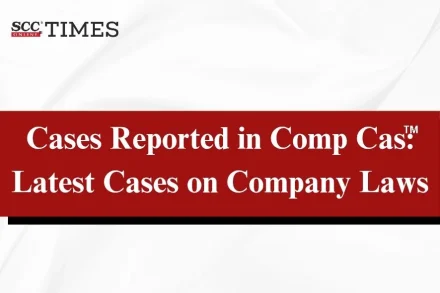
Explore the latest cases reported in SCC’s Company Cases (Comp Cas) Volume on Insolvency Resolution, Winding up and Liquidation, Moratorium, Dissolution of Company, and much more.
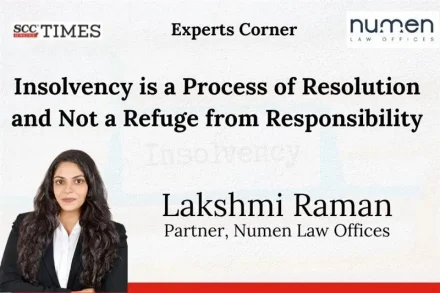

The Court stated that once the resolution plan was approved by the COC, it should be binding on all the stakeholders. Thus, the successful resolution applicant starts running the business of the corporate debtor on a fresh slate.

Delhi High Court granted liberty to the petitioner to file a fresh legal action for the same relief once the moratorium is lifted or varied.
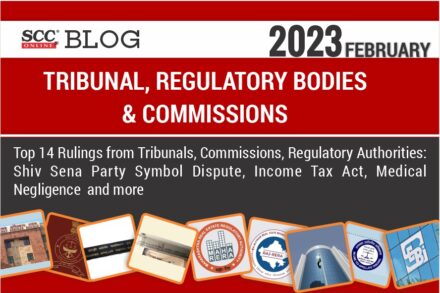
This roundup contains many interesting rulings including the Shiv Sena Party Name and Symbol Dispute, Negligence committed by doctors and Compensation therein, Amendment to Section 178(6) of the Income Tax Act, Initiation of the Corporate Insolvency Resolution Process and more.
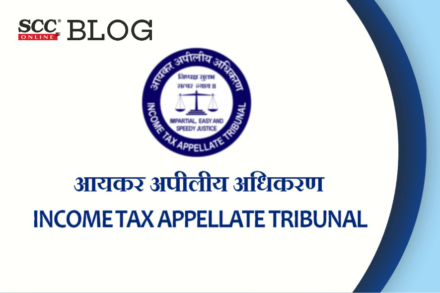
ITAT reiterated that IBC has overriding effect on all the acts including Income Tax Act (‘IT Act’) which has been specifically provided under Section 178(6) of the IT Act as amended w.e.f. 01-11-2016.
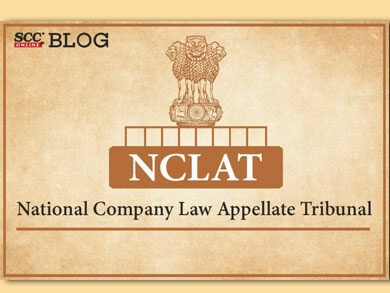
National Company Law Appellate Tribunal held that Adjudicating Authority cannot direct Resolution Professional to pay lease amount under Section 14(1)(d) of Insolvency and Bankruptcy Code, 2016, during CIRP
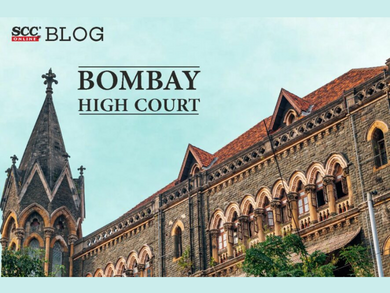
The clauses in the Information Memorandum are based on the Master Circular which is issued by the Reserve Bank under its statutory powers. Information Memorandum and its clauses refer to Master Circular. The said Information Brochure has a statutory flavour. In that event, the agreement would have a statutory base and such an agreement can certainly be enforceable.
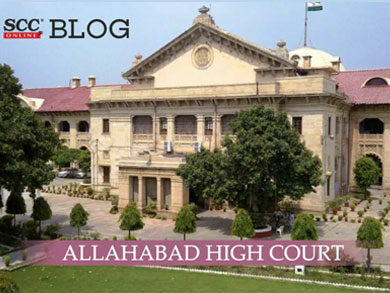
Allahabad High Court said that challenge to demand notice for electricity dues, issued jointly in name of Directors of the insolvent company cannot be sustained on the ground that liabilities of guarantor stood automatically discharged on acceptance of Resolution Plan.
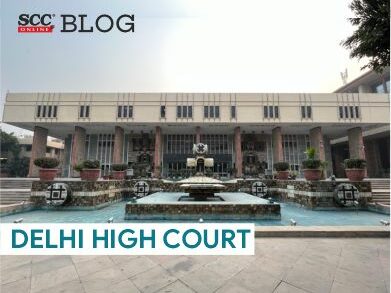
The Delhi High Court ruled that the moratorium granted by the NCLAT, staying the institution of suits and proceedings against the Corporate Debtor, after the resolution process was initiated against it under Sections 241 and 242 of the Companies Act, 2013, was akin to an order of moratorium passed under Section 14 of the Insolvency and Bankruptcy Code, 2016.

While exercising the power conferred by Section 11 of the Act, the Court ceases to be a Court of Record and the review or reopening of proceedings which is sought is not with respect to any power exercised by the Court under Section 11 on merits but on account of the evident factual mistake in that order.
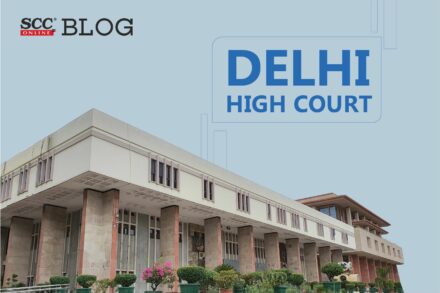
An order of attachment when made under the PMLA does not result in the corporate debtor or the Resolution Professional facing a fait accompli.
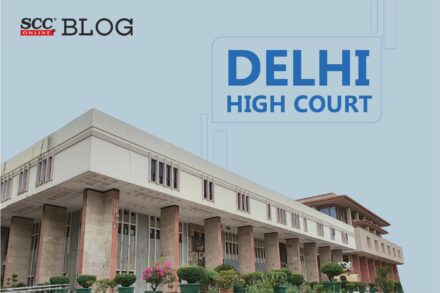
Delhi High Court: In two separate suits filed seeking recovery of amount from the defendants, being ex- promoters and personal guarantors of
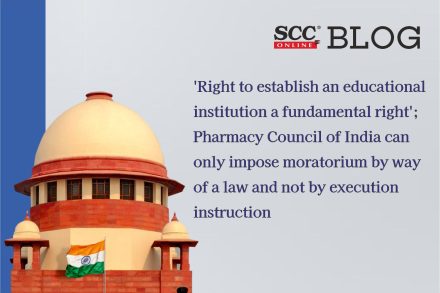
Supreme Court: The bench of BR Gavai* and PS Narasimha, JJ has held that the right to establish an educational institution is
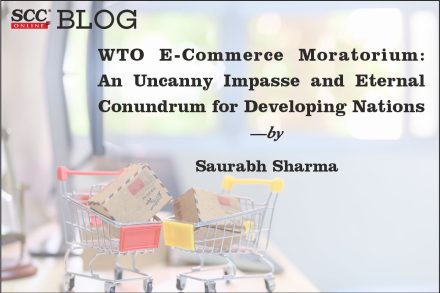
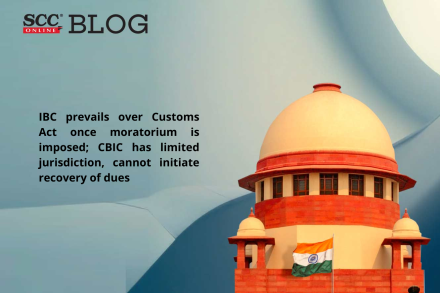
Supreme Court: The 3-judge bench of NV Ramana*, CJ and JK Maheshwari and Hima Kohli, JJ has held that the Insolvency and
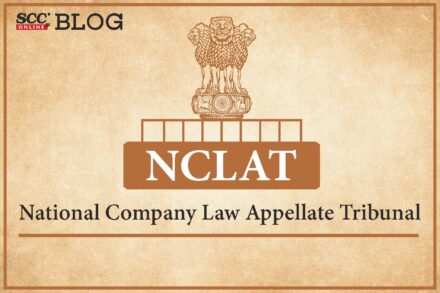
National Company Law Appellate Tribunal, New Delhi: The Bench of Ashok Kumar Bhushan, J., Chairperson, M. Satyanarayana Murthy, J., Judicial
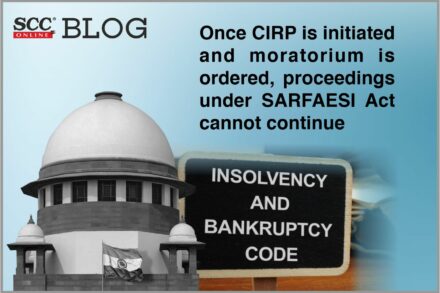
Supreme Court: The bench of L. Nageswara Rao and BR Gavai*, JJ has held that the proceedings under the Securitisation and Reconstruction
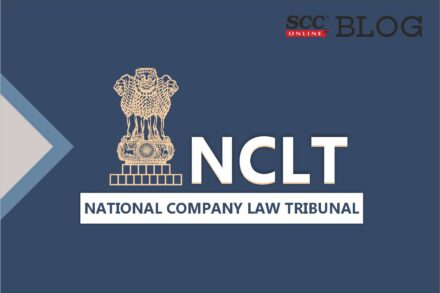
National Company Law Tribunal, Kolkata Bench I: The Bench of Rajasekhar V.K., judicial member and Balraj Joshi, technical member has held that